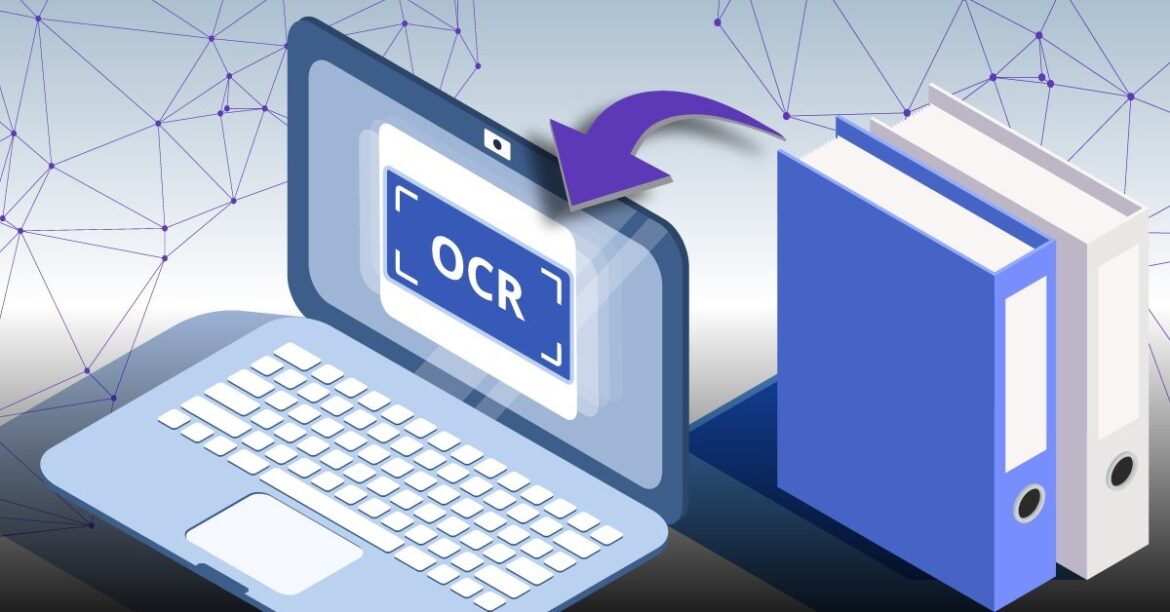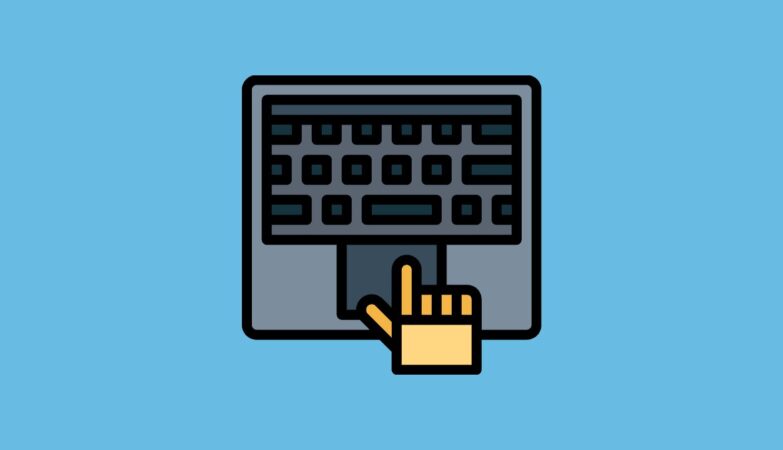In the realm of Optical Character Recognition (OCR) technology, the quest for seamless integration and enhanced usability continues to drive innovation. At the forefront of this movement is Grabtext.ai, a cutting-edge OCR platform renowned for its advanced capabilities in recognizing handwritten text, including complex mathematical equations. However, the true power of Grabtext.ai lies not only in its standalone functionality but also in its ability to seamlessly integrate with leading online editors, such as Overleaf.com.
Overleaf.com stands as a prominent online editor for LaTex documents, offering a comprehensive suite of tools for collaborative document preparation and scholarly writing. By harnessing the capabilities of Grabtext.ai, users can now elevate their editing experience on Overleaf.com to new heights. The integration between Grabtext.ai and Overleaf.com enables users to effortlessly import OCR-generated text into their LaTex documents, bridging the gap between handwritten notes and digital publications.
Moreover, Grabtext.ai’s compatibility extends beyond Overleaf.com to encompass a wide range of popular editors, including Microsoft Word and other document processing software. This versatility allows users to download OCR results in various formats, such as DOC or PDF, and seamlessly import them into their preferred editing environment. Whether drafting research papers, preparing lecture notes, or collaborating on project proposals, Grabtext.ai empowers users to streamline their workflow and enhance productivity.
Consider a scenario where a researcher wishes to incorporate handwritten equations from their notes into a LaTex document for a scientific publication. With Grabtext.ai, the researcher can effortlessly digitize their handwritten equations, download the results as a PDF or DOC file, and seamlessly import them into Overleaf.com. This integration not only expedites the document preparation process but also ensures accuracy and fidelity in reproducing complex mathematical expressions.
Furthermore, the collaboration between Grabtext.ai and Overleaf.com opens up new possibilities for interdisciplinary research and academic collaboration. By leveraging Grabtext.ai’s OCR capabilities, researchers from diverse fields can easily share and incorporate handwritten notes and equations into collaborative documents, fostering innovation and knowledge exchange across disciplines.
In conclusion, the integration of Grabtext.ai with online editors like Overleaf.com represents a significant milestone in the evolution of OCR technology. By bridging the gap between handwritten notes and digital documents, Grabtext.ai empowers users to seamlessly incorporate OCR-generated text into their editing workflow, enhancing productivity and facilitating collaboration. As handwriting ocr online technology continues to advance, the possibilities for synergy with online editors are limitless, promising a future where handwritten notes seamlessly integrate with digital publications, driving innovation and advancing scholarly discourse.








